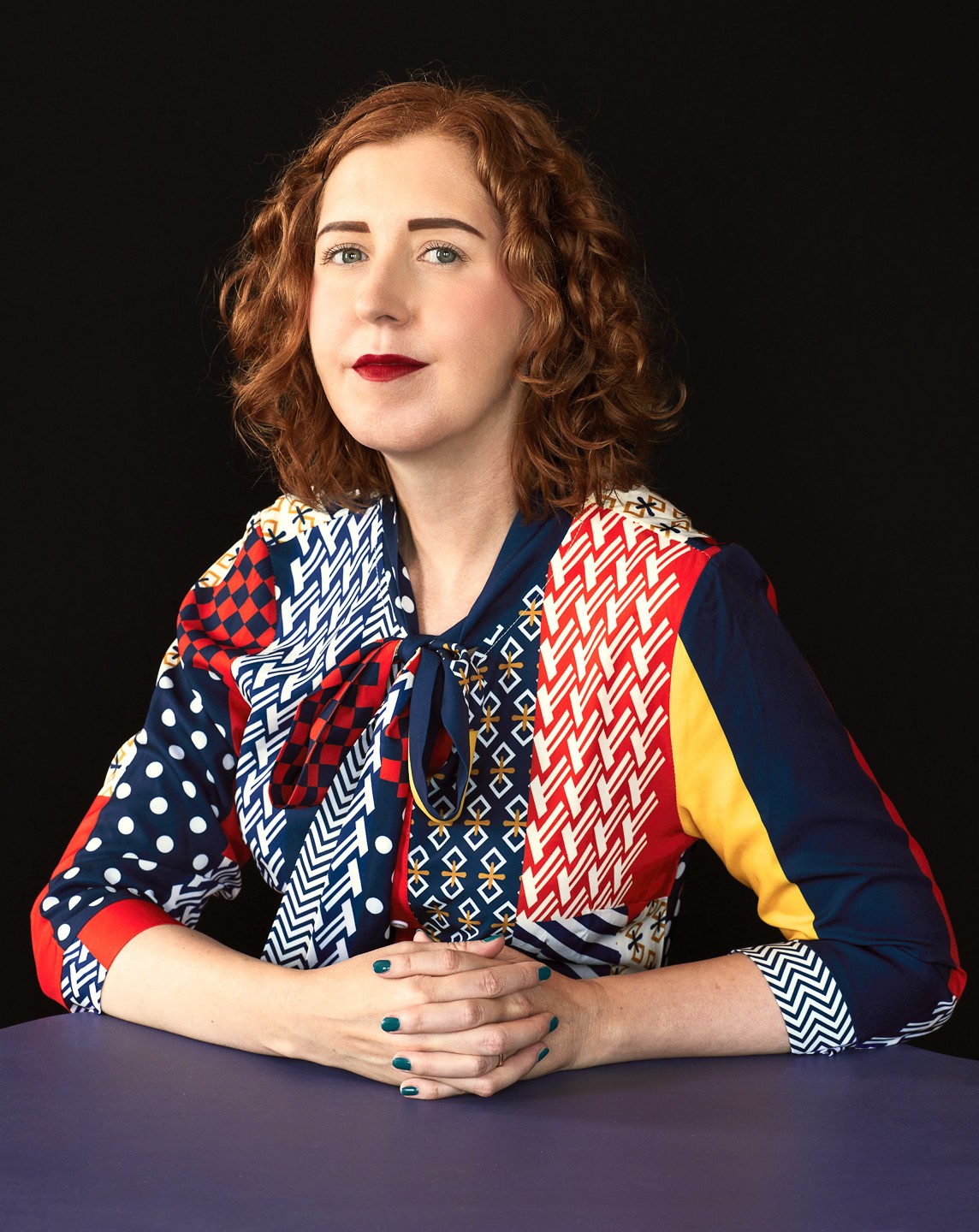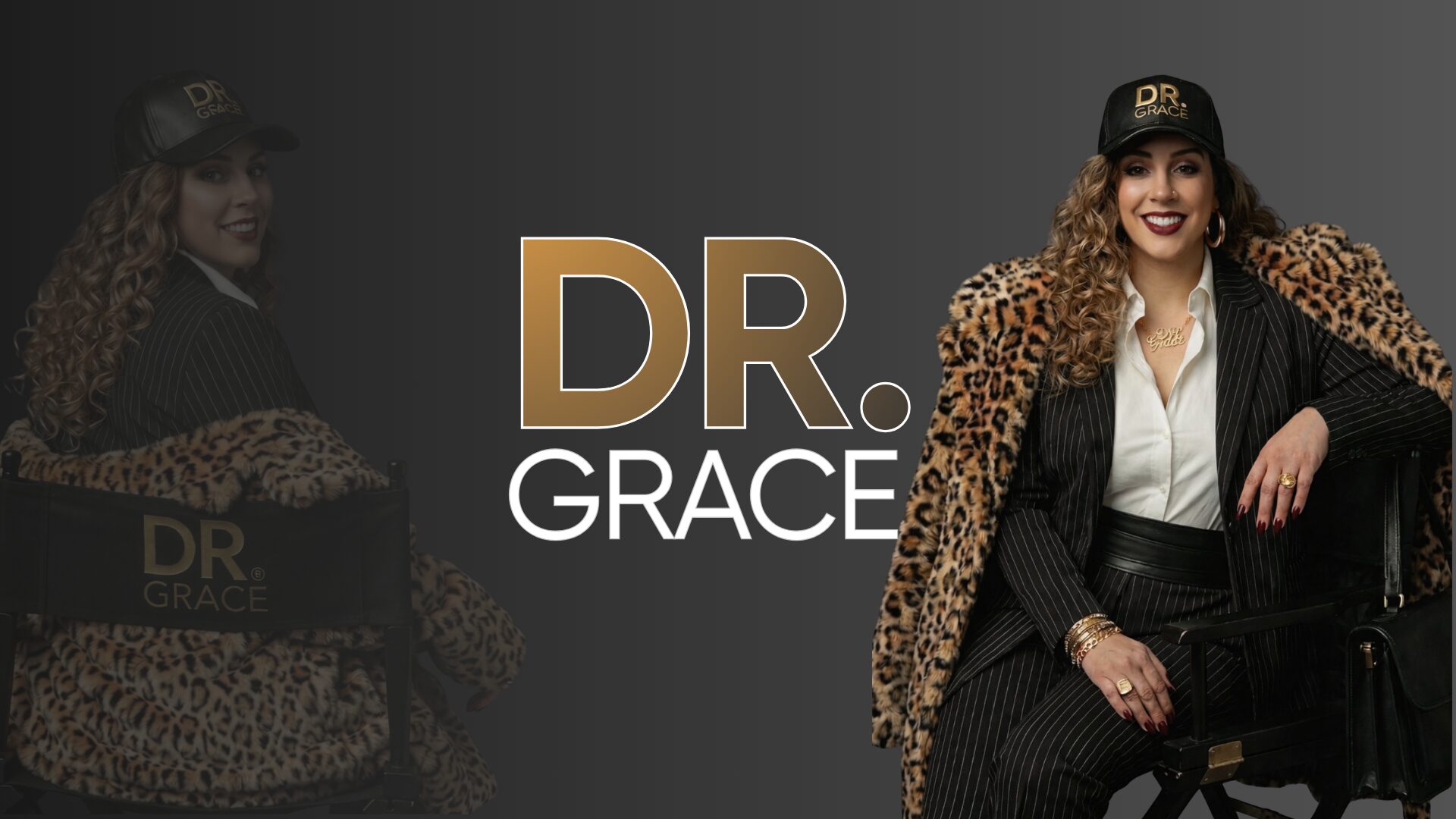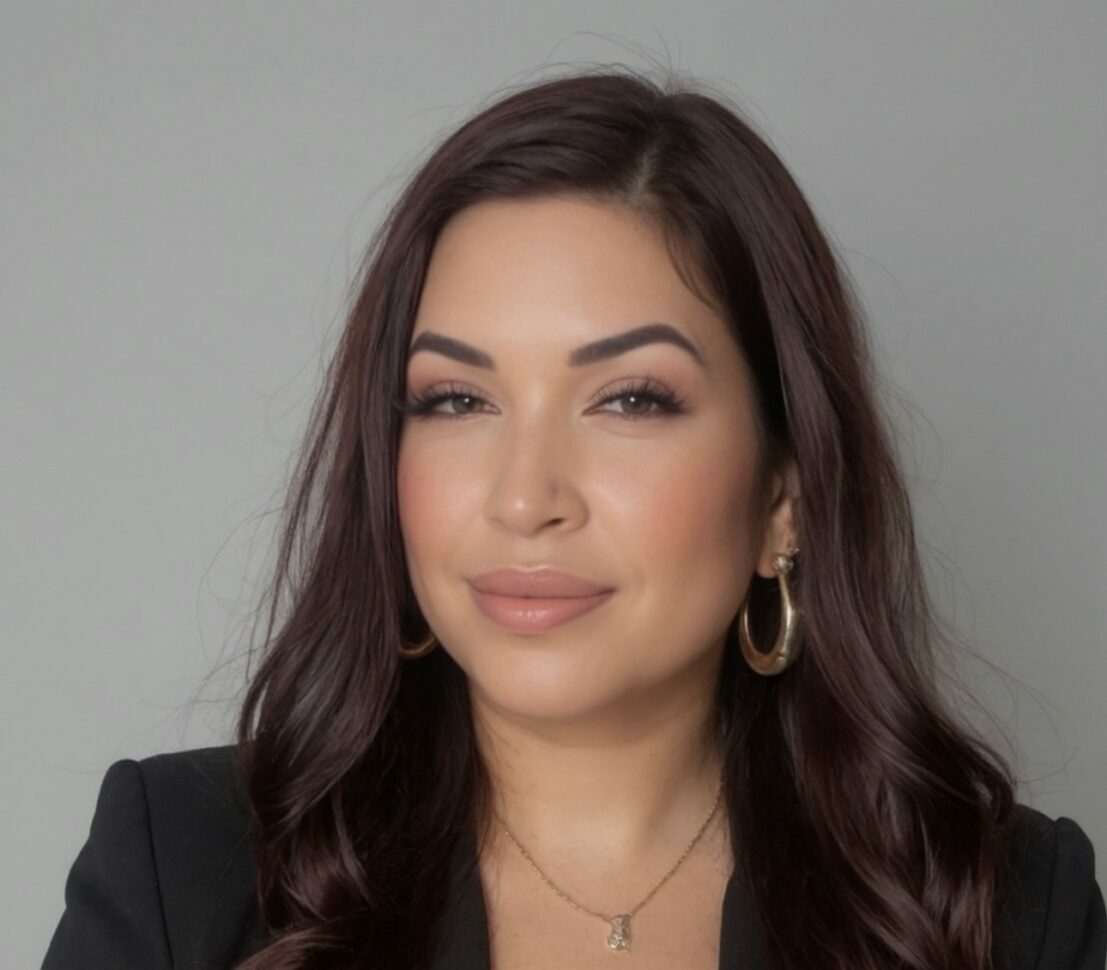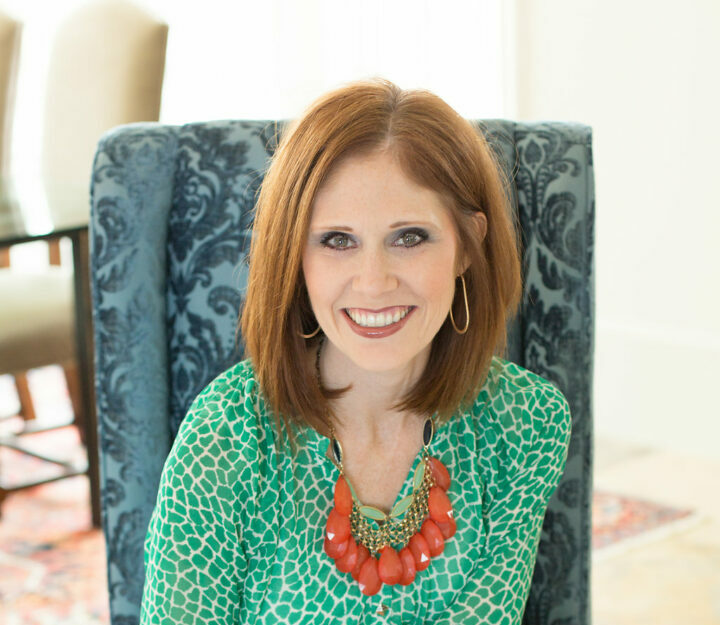We recently connected with Desirée Pfeiffer and have shared our conversation below.
Desirée, so great to be with you and I think a lot of folks are going to benefit from hearing your story and lessons and wisdom. Imposter Syndrome is something that we know how words to describe, but it’s something that has held people back forever and so we’re really interested to hear about your story and how you overcame imposter syndrome.
I’m not entirely sure you can completely overcome imposter syndrome. I think it’s something you manage. I have had conversations with many people in my life who are incredibly talented, successful, and even famous, and all have expressed a certain amount of imposter syndrome that still resonates with them. We often get stuck in these negative thought loops that our brain believes out of habit, not because it is true. I think it’s hard to overcome the hardwiring of our brains, but I read a while back about how we can create new neural pathways in our brains by repetition. Whenever I feel imposter syndrome creeping in, I try to focus on all the positive things people have said about me or my work and past obstacles I’ve managed. And, I remind myself that as a creative what I do never involves a life or death situation. Plus, I tend to trust and like people who admit to having a degree of imposter syndrome. It feels human to have doubts and insecurities. I understand we put on a good face outwardly, but the most talented and kind people I’ve known have also expressed the most doubt. I think that doubt is what keeps us pushing forward to better ourselves. Overcoming imposter syndrome is reaching a point and accepting that it’s just part of my process; I will work through it, and I only feel this way because it’s something I really care about.
Appreciate the insights and wisdom. Before we dig deeper and ask you about the skills that matter and more, maybe you can tell our readers about yourself?
I am a fine art photographer based in San Francisco who creates highly stylized portraits and still lifes. My subjects have been musicians, politicians, actors, families, and everyone in between. For my portrait work, I specialize in cinematic staged portraits. I try to create images that give the viewer the sense that there is a backstory within the image. Individuals, their actions, and surroundings are carefully selected. They become a character in a story much larger than themselves. For my still lifes work, they tend to be more on the abstract side. My approach is creating an atmosphere within a miniature landscape; color, shapes, and mixing textures are primary considerations. The vast majority of the still lifes involve flowers. The images have lush color palettes and are conceptual, whimsical, and narrative. During the past couple of years, though I still do portraits my focus has shifted more towards working on still lifes. Pre-pandemic I had done a handful of still lifes, but when everything shut down due to Covid I had the opportunity to work only on still lifes with limited resources, which I found both challenging and cathartic. There is a sense of freedom allowed working on still lifes because I work alone and can experiment without worrying about the time of others. I like to think of them as daily meditations. It has allowed me to learn new skills related to set design and has been a way to keep the creative spark alive by learning how to fabricate my prop ideas. For example, I have learned how to work with resin and make acrylic pieces, experimented with numerous paper marbling techniques to create my backgrounds, and learned wet felting to make textile objects. The response to the still life work has been incredibly positive and seems to have a broader appeal when selling prints to the general public. I sell them in shops as well as online. I am very hands-on with every element of my work; it has been imagined, styled, shot, retouched, and printed by me. I am working on creating video content for my work, including behind-the-scenes videos, to share on social media. I am generally a private person, better at focusing on the art than the marketing side. This year, I’m challenging myself to do the uncomfortable things and engage more publically.
Looking back, what do you think were the three qualities, skills, or areas of knowledge that were most impactful in your journey? What advice do you have for folks who are early in their journey in terms of how they can best develop or improve on these?
Looking back, I think the three things most impactful in my journey were my resourcefulness, photoshop skills, and (in my opinion, at least) good taste. When starting, you need to be resourceful unless you are independently wealthy and have connections. When I was first pursuing commercial photography work, I had to produce polished images as if I already had professional experience or at least could create work at the same level. You don’t want to approach professionals with work that looks amateurish or like a school portfolio; this is where having good taste helps. I could style people and environments without the help of art directors or stylists; something I took for granted but have come to appreciate. My Photoshop skills were integral because it allowed me to create images on a shoestring budget. I didn’t have the money to buy or rent lots of lighting gear or have assistants to help me set things up. I would create a plan beforehand on how to get the lighting I was looking for by making composites of images or using one strobe / flash and long exposures. I understood lighting but didn’t have the budget, so I had to be resourceful and use my Photoshop skills to compensate. This approach worked because, during my first meetings with a magazine and then a photography agent, both were surprised I had no “real world” experience after looking at my portfolio. They had assumed I was a working photographer.
I generally feel strange offering advice; maybe it’s part of imposter syndrome, but I also believe luck plays a big part in opportunities and success and that it’s not completely merit-based. In terms of honing your skills, there are so many more online resources now than when I began that people should use to continue educating themselves. To this day, I watch courses in lighting and Photoshop. You can always pick up ideas no matter how long you’ve been doing something; everyone has their way, and sometimes it might be better and more efficient than what you’ve been doing.
What would you advise – going all in on your strengths or investing on areas where you aren’t as strong to be more well-rounded?
I’m in favor of improving areas I’m not as strong in. Firstly, I want to continue to grow and learn things. Secondly, I don’t think the anxiety of not knowing something is a healthy place I can exist within. Shortly after I graduated from art school, I assisted an established advertising photographer. Each of his shoots involved setting up more lighting gear than I had ever seen in my life. Honestly, to this day, I’ve never witnessed anyone use this much gear. His sets were elaborate & usually with multiple people as subjects; every person and item in the studio had a light on it. He had many assistants setting things up, and I realized then how little I knew about studio lighting, and he pointed it out. I had been honest about my knowledge and experience, but he thought I knew more about lighting than I did. He remarked that I should have the skills to light a pitch-black studio and should get a refund from school for not knowing this. It was not my favorite day, and he was a pretty toxic person to work with, but deep down I felt he was right. My photoshoots had always been on location, where I mixed the available ambient light with additional strobe lights, and I was very comfortable in this scenario. A few years later, I started working part-time in the equipment rental department of a photography store. The store had a photo studio it rented out during the week but was available on the weekends for the staff to use. Very few took advantage of this, so I took this as an opportunity to experiment and learn how to light a pitch-black studio. Almost every Saturday, I would do a portrait session with a friend; even when I wasn’t in the mood, I forced myself. I knew how lucky of an opportunity it was to have access to all the equipment and a studio for free. I did not get paid much, but the access was invaluable. I worked there for five years and will always be grateful that I was allowed to experiment, make mistakes, and figure things out on my own without judgment or high monetary costs. When I began shooting in the studio, I was not a fan of it, but over time I started to appreciate the control it allowed and ended up loving it. In the end, it benefitted my location photography. I think emphasizing your strengths and improving on other skills are not mutually exclusive. I know I’m guilty of perfectionism and can be hard on myself. I remind myself that as long as I am trying and learning new things, I will improve all my skills, which will become my strengths over time.
Contact Info:
- Website: www.desireepfeiffer.com
- Instagram: @desireepfeiffer
- Other: Etsy: desireepfeifferphoto.etsy.com TikTok: @desireepfeifferphotography
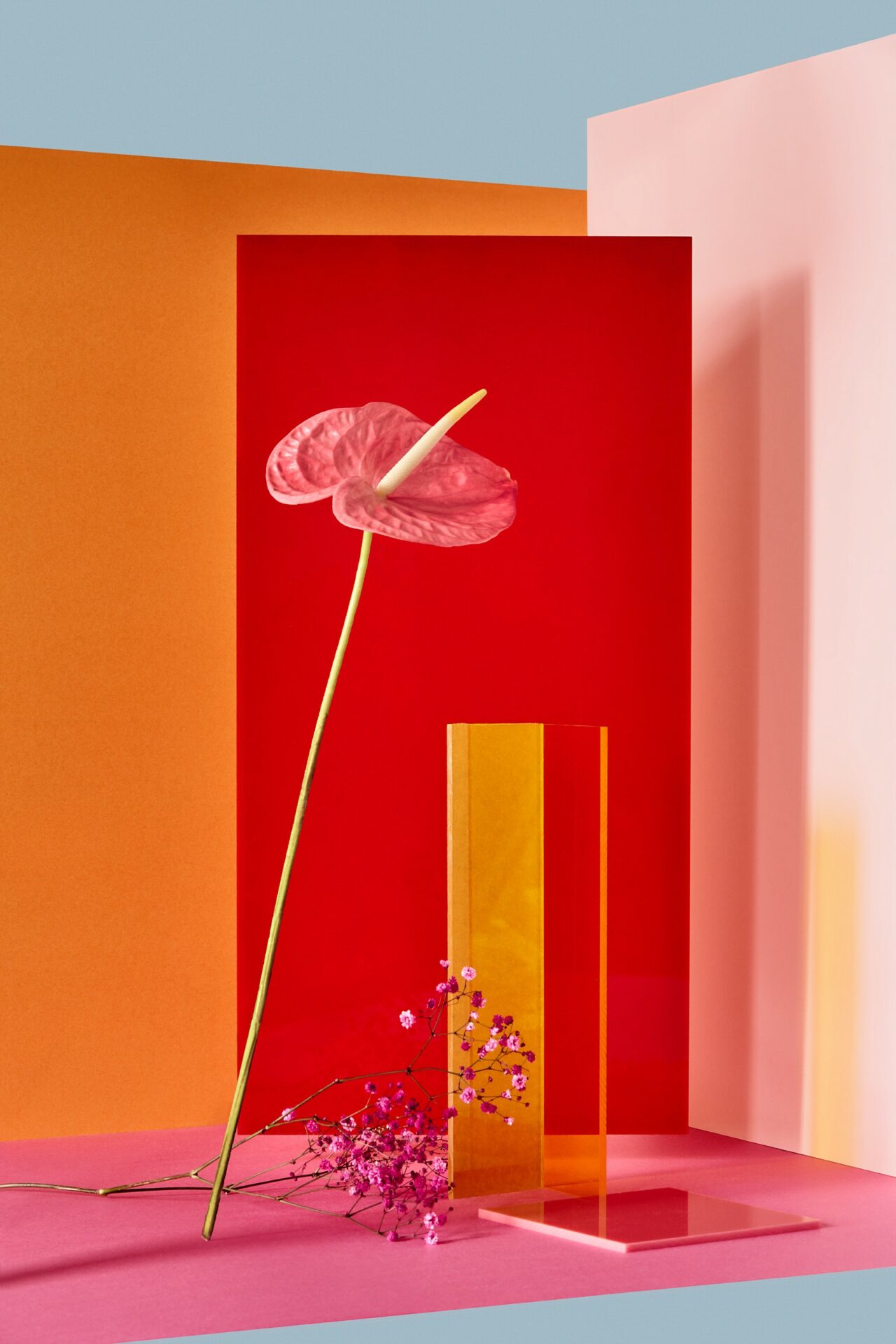
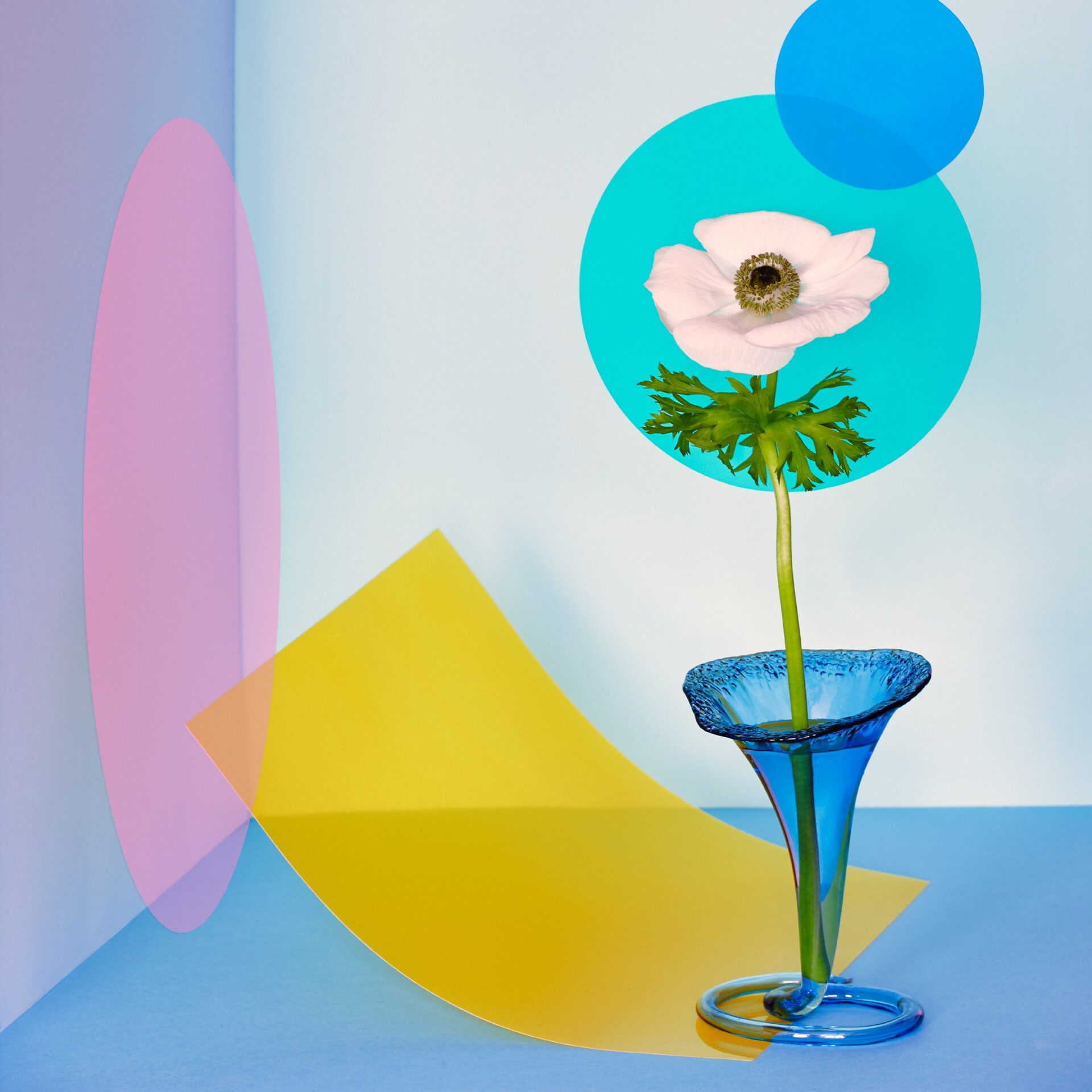
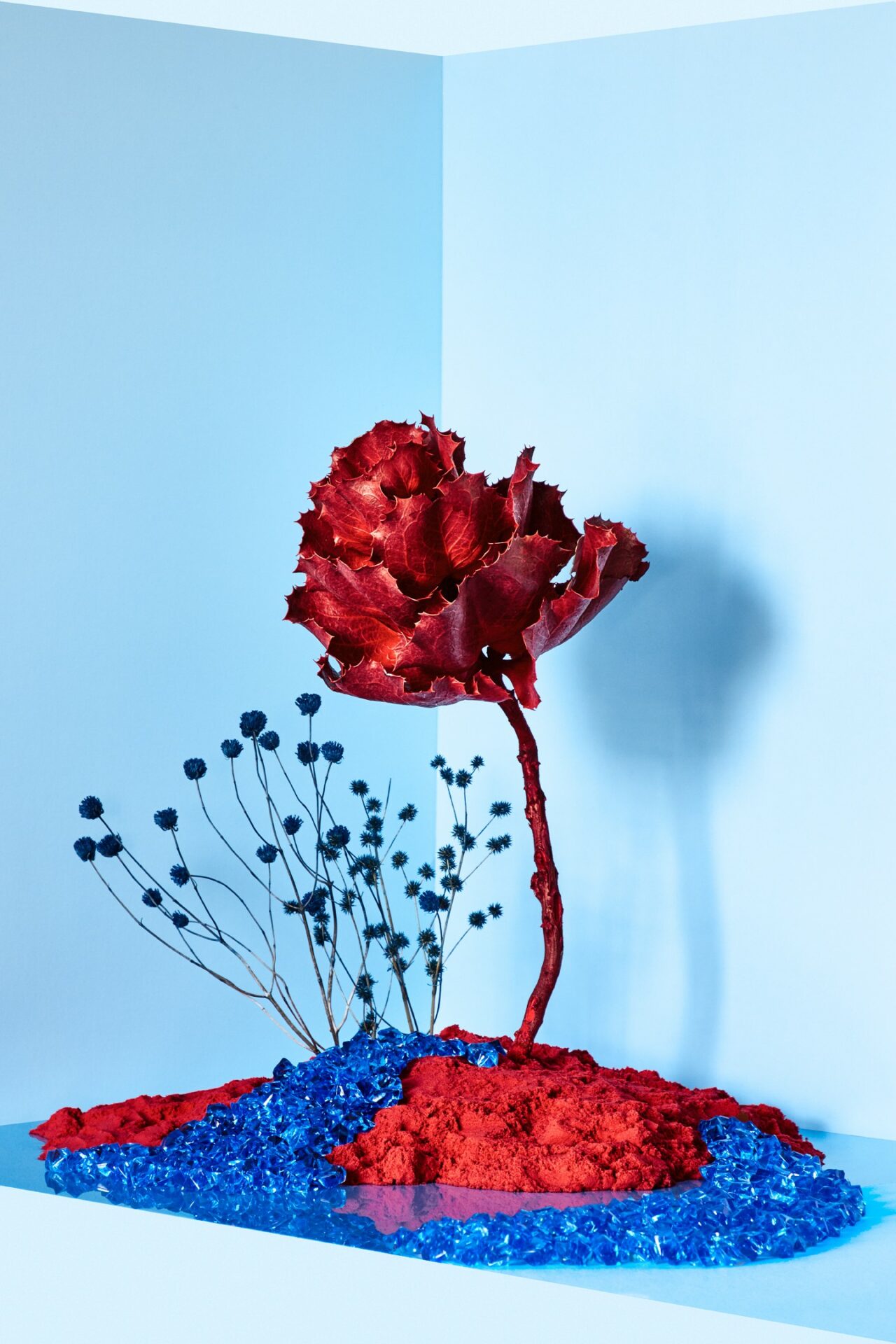
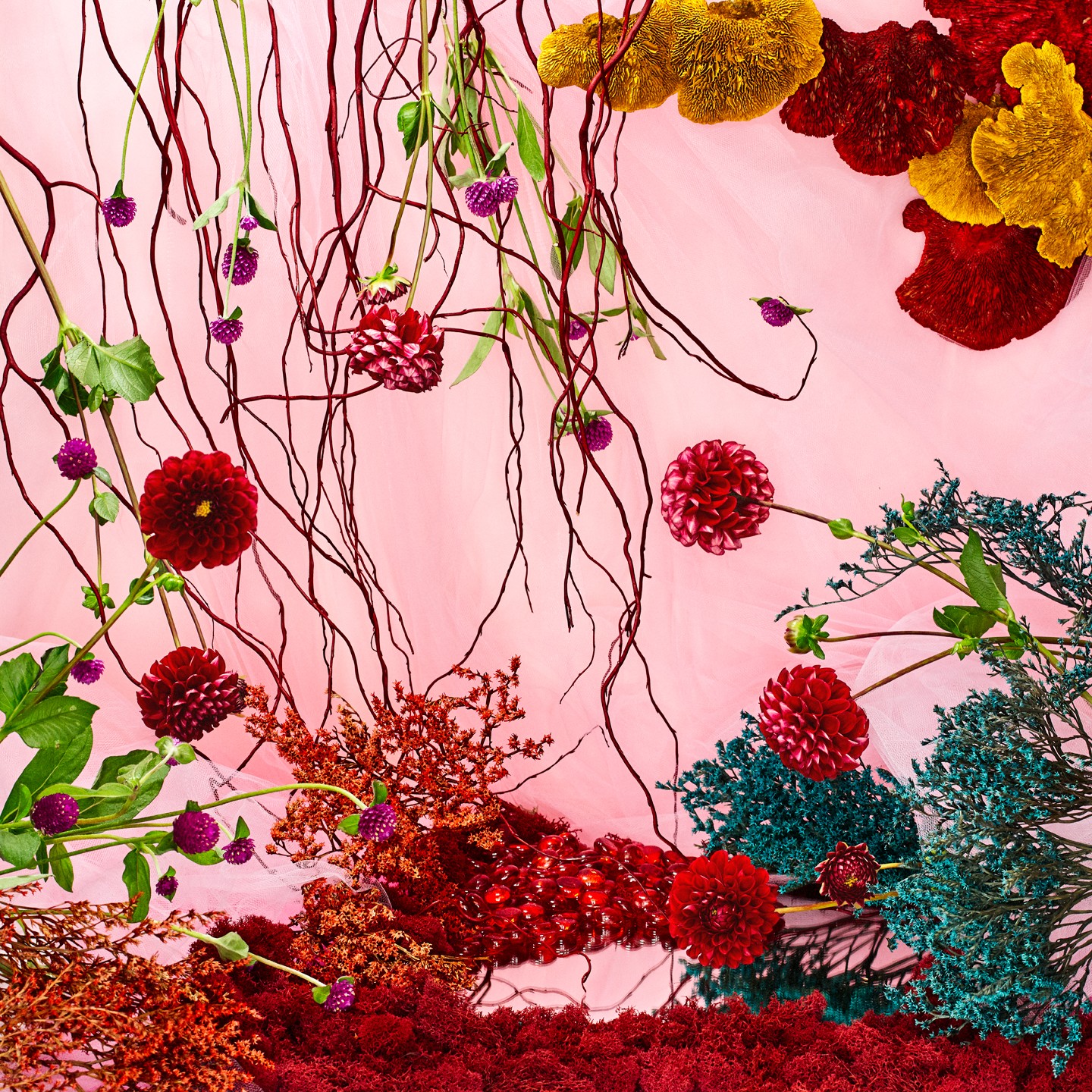
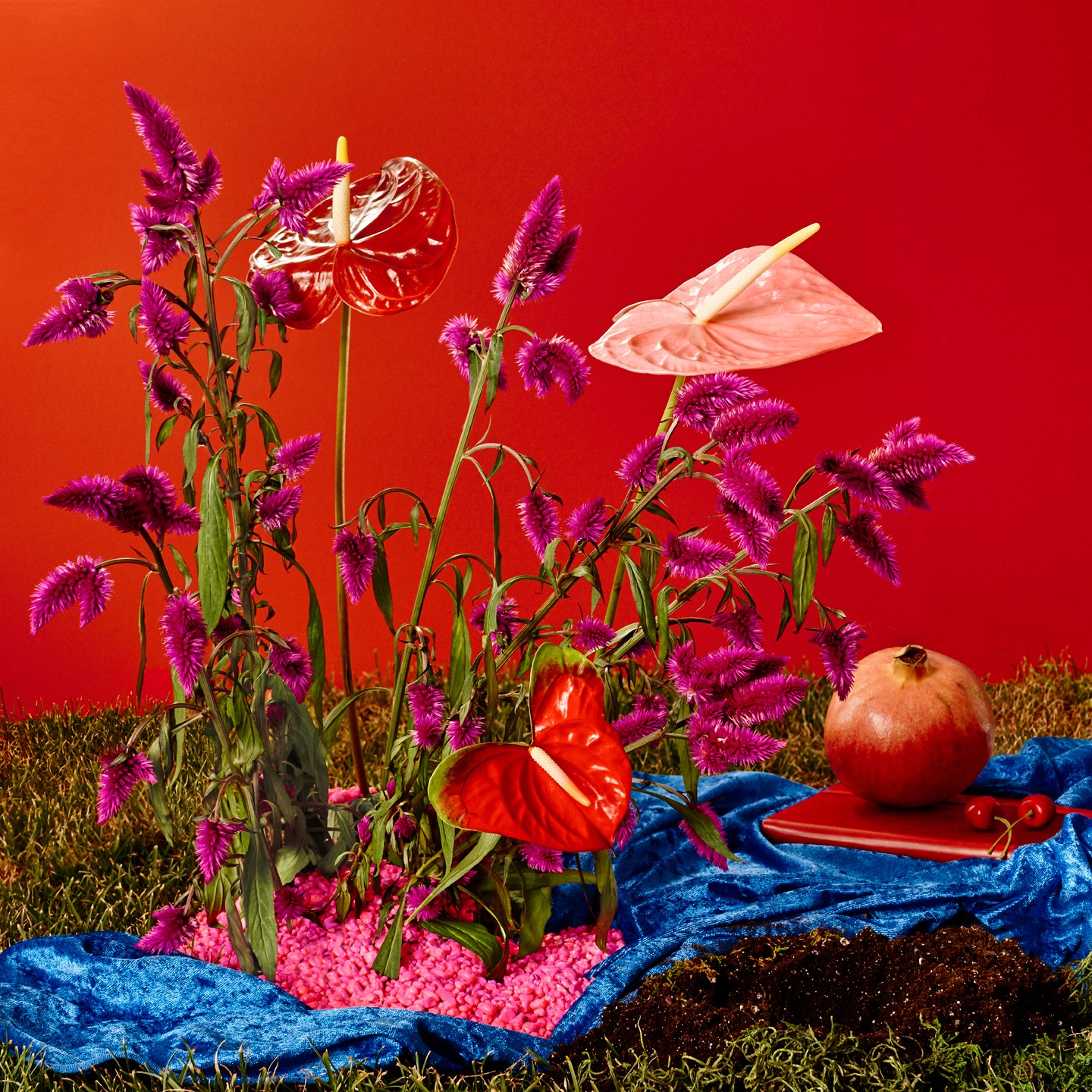
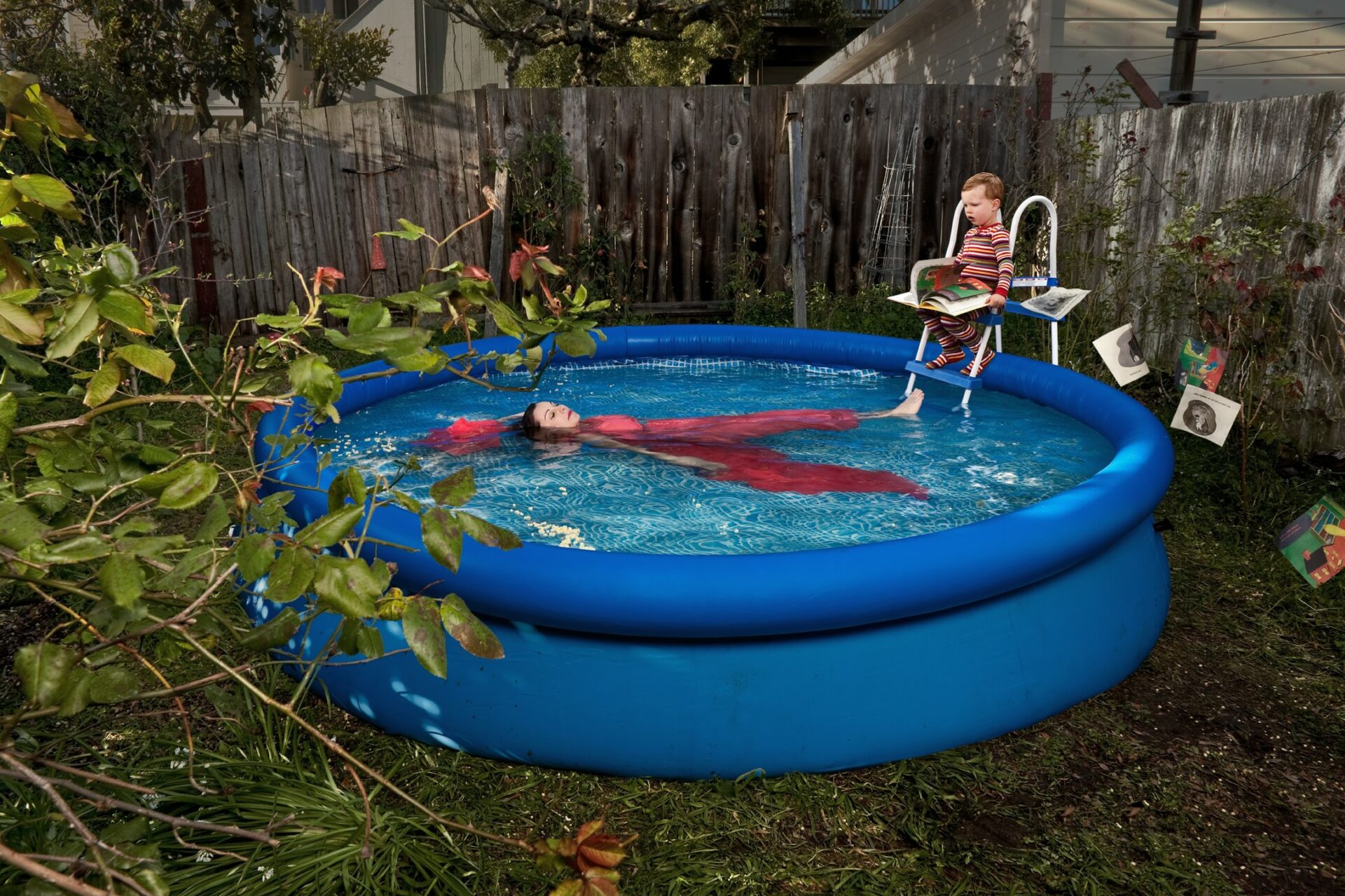
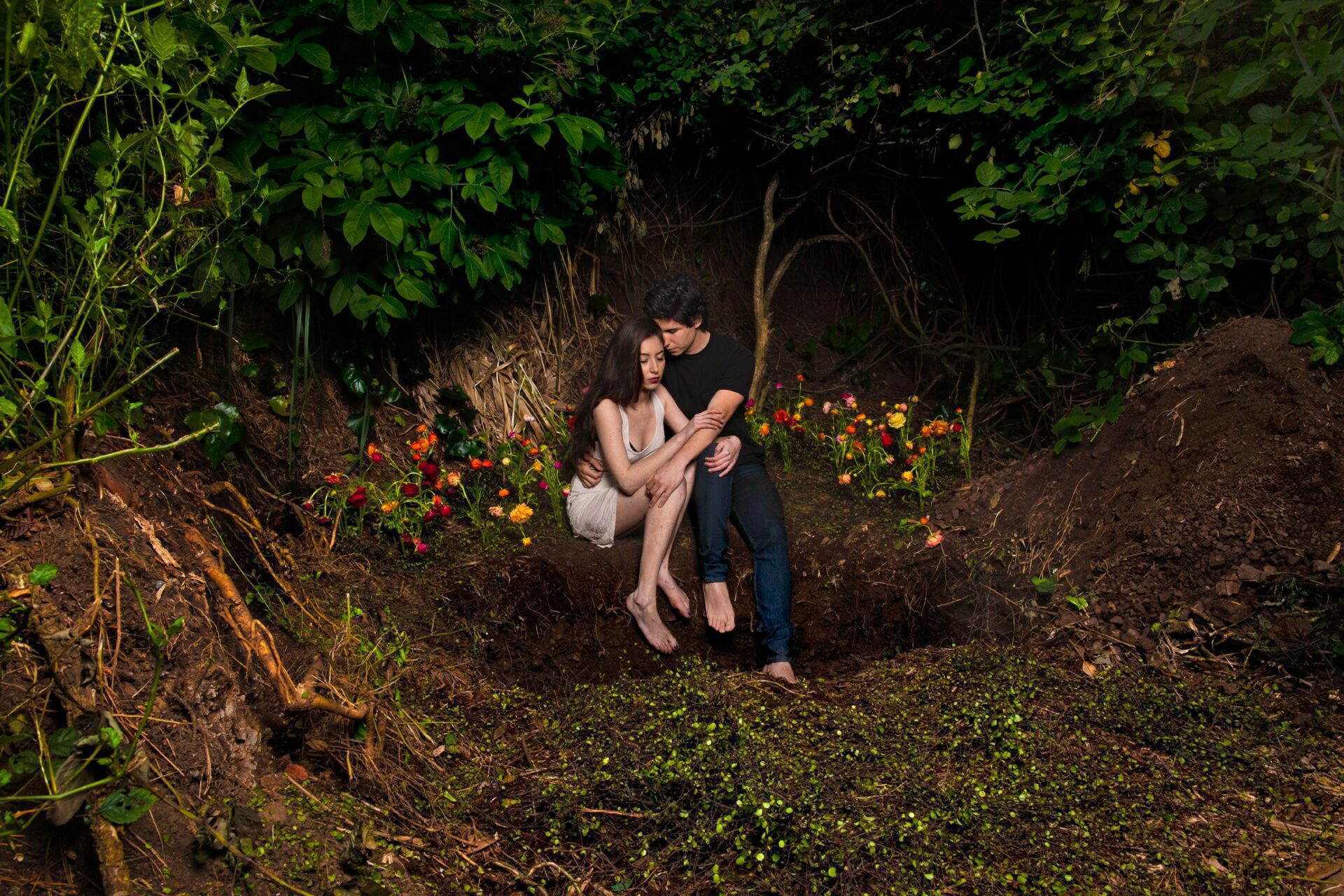
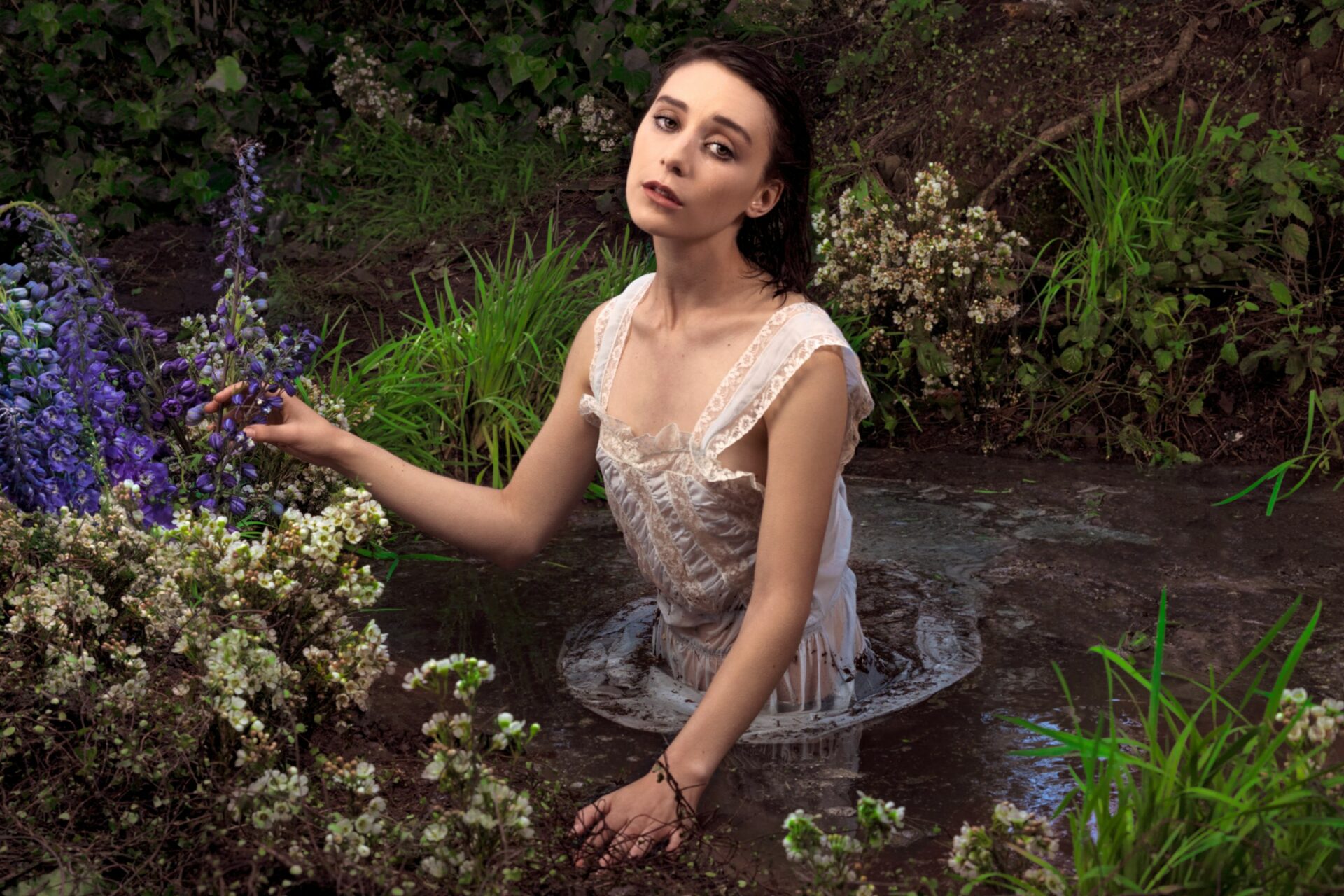
Image Credits
All photos by Desirée Pfeiffer

